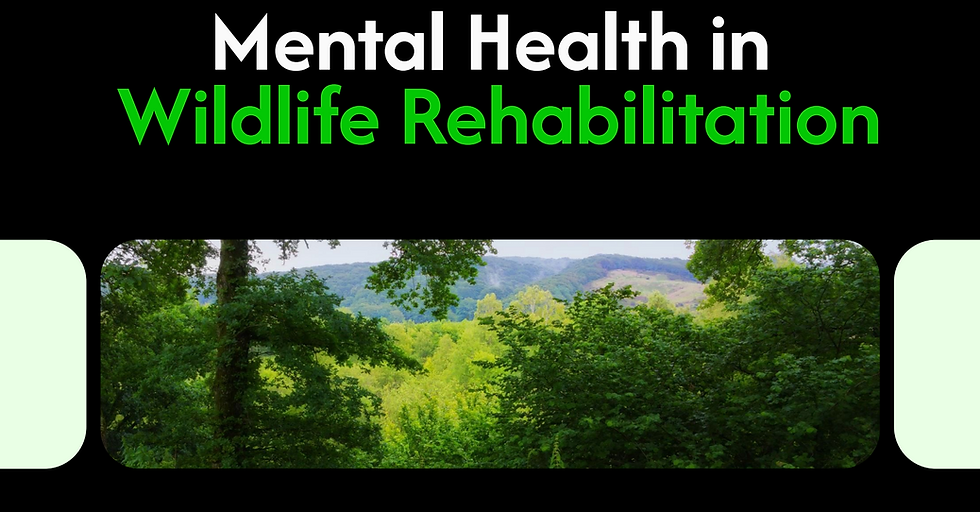Seabird Rescue Advice
- Jan 26, 2024
- 3 min read

Photo credit Mandy Robertson - White-faced Storm Petrel
Summer is in full swing around New Zealand, and the beaches are welcoming thousands of visitors, some more unusual than others! The oceans around New Zealand host millions of marine birds, from giant petrels and albatrosses to the tiny storm petrels weighing in at less than 50 grams. Sadly, these masters of the oceans also deal with many obstacles that result in them unintentionally arriving on our beaches and in our backyards. It is here the problems really start, as it is human nature to want to help these birds but we need to consider their unique needs before we rush in to take selfies or attempt a rescue mission.
First, do not touch the bird until you have taken the following steps:
Call the DOC hotline at 0800 362 468 and discuss what you are seeing with the team there; they will advise on what to do next.
Keep dogs and people away as much as possible.
If you are instructed to pick up the bird, use a towel or item of clothing rather than your bare hands – a seabird’s waterproof feathers are crucial to its survival. Our hands have oily residues (i.e., sunscreen, insect repellent, or oil from your fish and chip lunch) that can transfer to the birds’ feathers and damage their waterproofing. This makes their subsequent care and rehabilitation much more challenging.
Many of these birds have sharp beaks and claws; be aware of this and always protect yourself. Use a towel to cover the bird before you pick it up. Handle all birds gently, as holding on too tightly will stop them from being able to breathe! Also, never hold their beaks shut.
If you are transporting the bird in a vehicle, turn off the radio and keep the car cool in summer and warm in winter.
If you need to hold it overnight, DO NOT feed the bird or offer water. Especially do not offer any medications. Keep it in a quiet, well-ventilated box or area, on a well-padded surface, and safe from cats, dogs, curious children, and neighbours. Please use your quietest voice around the bird, as human voices are terrifying for them. Turn the light off and leave them to rest.
The DOC team will guide you to the nearest veterinary clinic or licensed wildlife rehabilitator for transfer into professional care. Please be aware that you must have a permit to hold these birds; even veterinary clinics doing more than stabilising them are required to obtain the appropriate permits, too. Our beautiful seabirds are a very special group of birds with very special needs in care.
Please also consider sending along a donation for its care to the veterinary clinic or rehabilitator.
One recent case illustrates how we can help positively when working together.

Photo credit Annemieke Kregting - Grey-faced petrel
Pictured is a rescued grey-faced petrel. It is obviously not feeling well, so handling it gently with towels and gloved hands is a must.
A member of the public called the DOC hotline after finding a seabird on the ground at her workplace. The grey-faced petrel fledgling had most probably crash-landed the night before. From information gathered from the caller with the team at DOC, it was obvious the bird needed professional care. A ranger collected the bird and brought it to their office, where an area has been set aside to help stabilise these protected species. The well-trained DOC team examined the petrel, weighed it and started the rehydration protocols that we know save lives. All the handling was done with great care and effort to maintain its waterproofing by wearing gloves and handling it with towels. It was kept overnight and transported to BirdCare Aotearoa the next morning for further care. After a week of care, nourishing food and a Dawn® bath to help ensure the bird’s waterproofing was 100% (anything less is a death sentence for seabirds), the bird was fit to be released.
This article was written by
Lynn Miller, CWR, PhD, CEO WildWays Ltd, and Annemieke Kregting, B. Vet Nursing, Consulting Rehabilitator






Comments